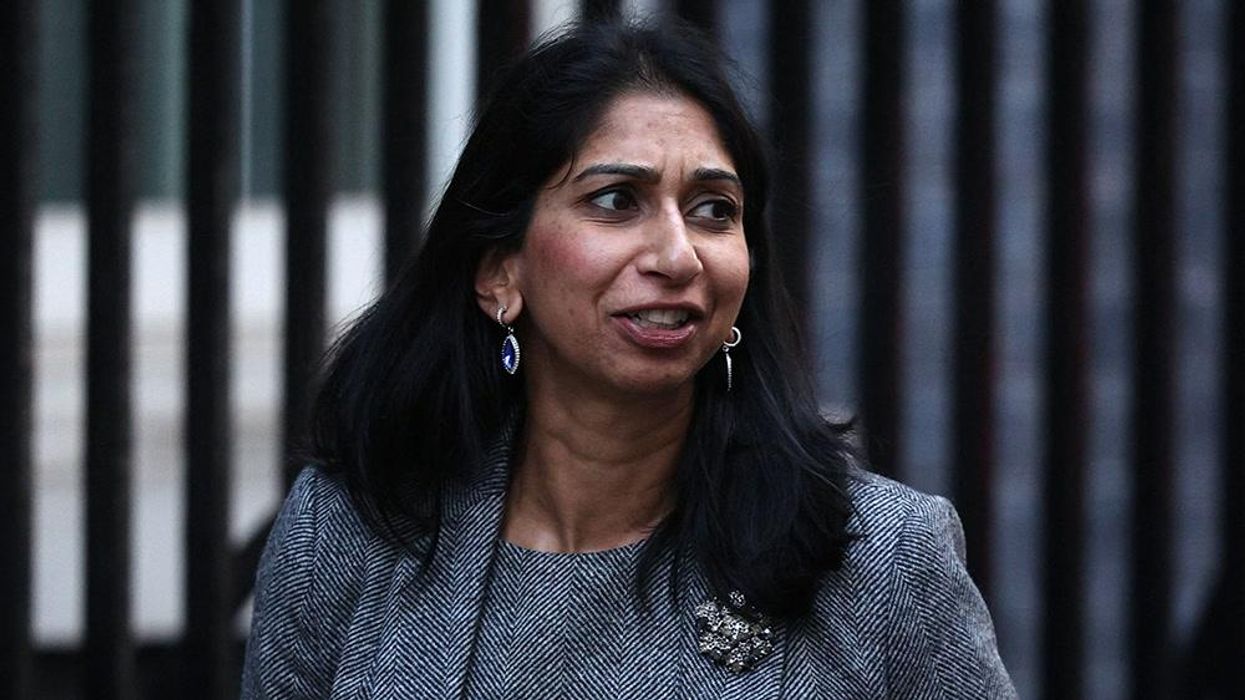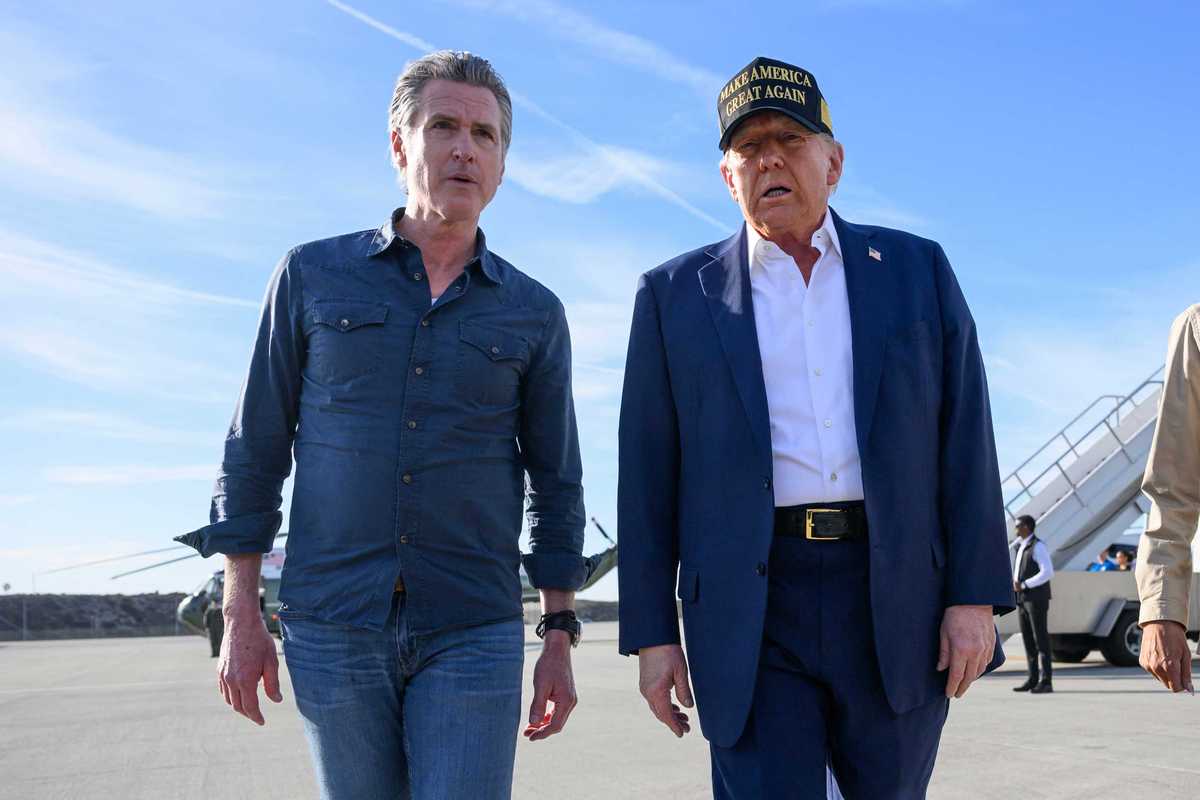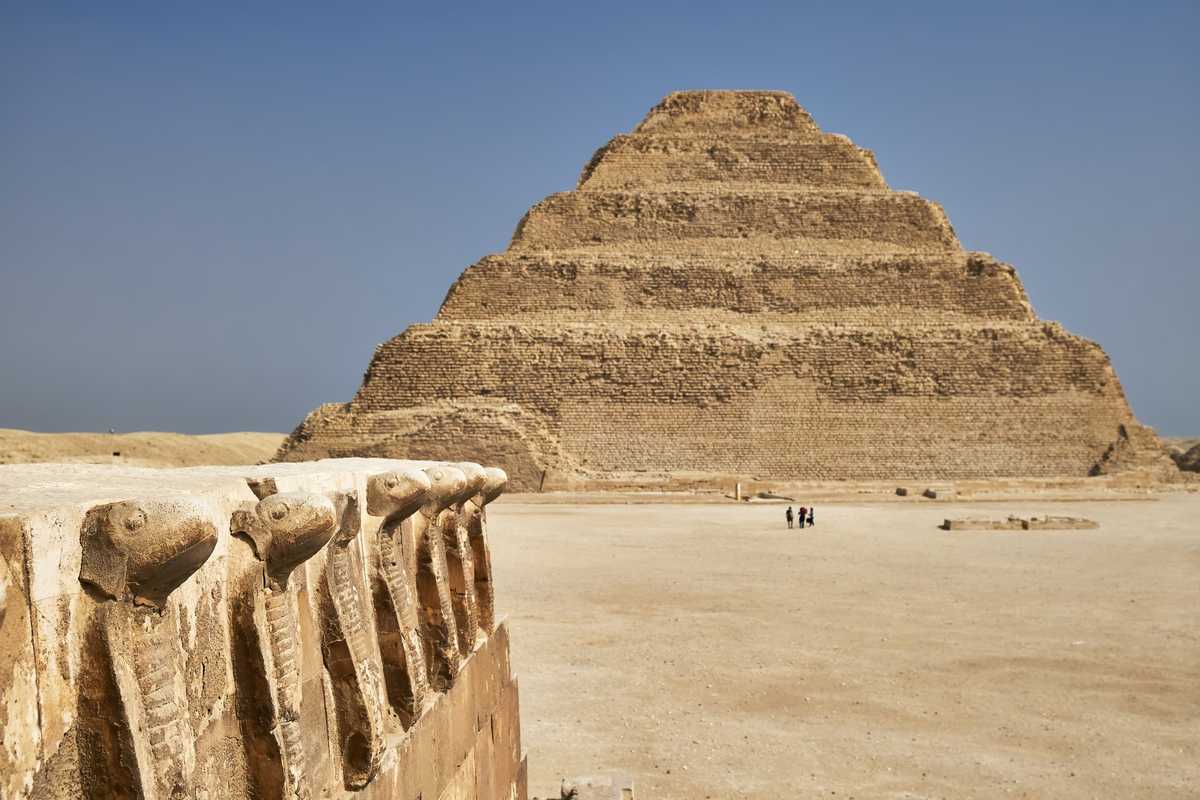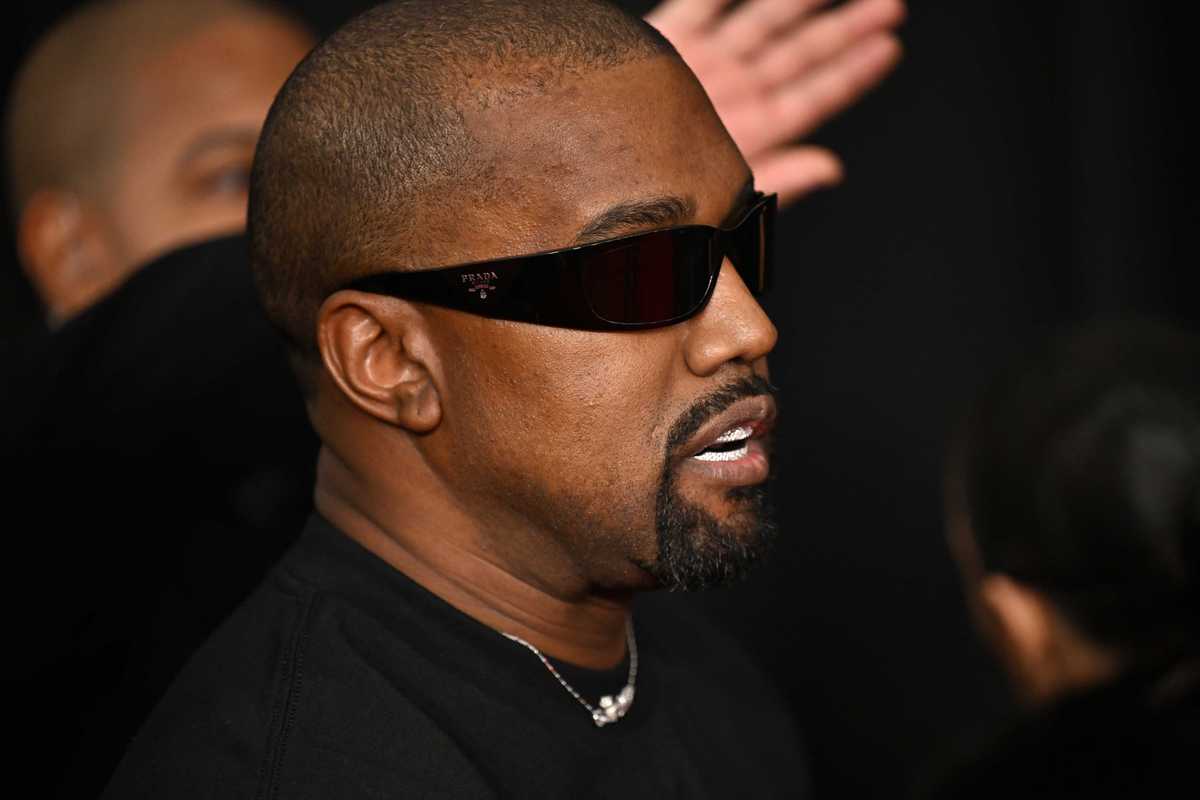Kate Plummer
Oct 20, 2022
Suella Braverman quits as home secretary with scathing attack on Liz Truss
Indy
While people watch Liz Truss's government indulge in a spot of self-cannibalisation, a government bill has slipped out under the radar and it is seriously controversial.
The new law, the Public Order Bill, passed this week by 276 votes to 231 and critics say it has serious ramifications on people's rights to protest.
It creates new offences that could see people face prison sentences and hefty fines for expressing discontent about the state of the world, and it has been described as "draconian" and creating "a police state".
Sign up to our free Indy100 weekly newsletter
What's going on?
Here is everything you need to know about the controversial legislation.
What is the bill?
The bill makes a number of acts a criminal offence, including 'locking on' - when protesters use locks to attach themselves to stuff to make it harder for police to remove them - and 'tunnelling' - when protesters make tunnels to protest in.
Locking on could lead to maximum penalty of six months’ imprisonment, an unlimited fine, or both.
It also expands stop and search powers - by allowing police to stop people they suspect could be carrying "a prohibited object" including locks for locking on, and creates a new offence of obstructing the construction or maintenance of major transport works and the "interference with or use or operation of key national infrastructure".
It also creates Serious Disruption Prevention Orders (SDPOS) that can be placed on people to stop them from protesting in the first place, including by making people wear electronic tags.
"[SDPOS] may include prohibiting an individual from being in a particular place, being with particular people, having particular articles in their possession and using the internet to facilitate or encourage person to commit a protest-related offence," a government fact sheet about the bill says.
If you recognise some of these offences, it is because some of them were amendments that were part of the controversial police crime sentencing and courts bill, until they were struck down in the house of lords.
Why is the bill being introduced?
The bill specifically names the protests of Extinction Rebellion, Just Stop Oil, and Insulate Britain as reasons it’s needed.
More than 350 Just Stop Oil protesters - demanding halts to all new oil and gas licences and consents - have been arrested in London since the start of October, according to Home Office figures.
Former home secretary Priti Patel, who introduced the bill said: "What we have seen in recent years is a rise in criminal, disruptive and self-defeating guerrilla tactics, carried out by a selfish few in the name of protest.
"Not only do these anti-social protests cause untold delays and misery for the law-abiding public wanting to get on with their lives, it tears police away from communities where they are needed most to prevent serious violence and neighbourhood crime.
"This bill backs the police to take proactive action and prevent such disruption happening in the first place. These measures stand up for the responsible majority and it is time that Parliament got behind them."
Before she resigned yesterday, another former home secretary Suella Braverman said the legislation will stop demonstrators holding the public "to ransom".
"Preventing our emergency services from reaching those who desperately need them is indefensible, hideously selfish and in no way in the public interest," Braverman said.
"The police need strengthened and tougher powers to match the rise in self-defeating protest tactics and that's what the Public Order Bill will do."
What are critics saying about it?
Tory MP Charles Walker, who is among one of those calling for Liz Truss to resign, broke ranks to criticise the bill, which he said was "unconservative".
He said: “The idea that in this country, we are going to ankle tag someone who has not been convicted in a court of law… I mean, I tell you what, those Chinese in their embassy will be watching this very closely at the moment, they might actually be applying for some of this stuff when we pass it in this place as I suspect we will.”
He added: “This is as unconservative as our budget of a few weeks ago.
“This is not what the Conservative Party does, we believe in proportionate laws, like we used to believe in sound money."
Civil liberty charities and organisations also criticised the legislation:
Opposition MPs also spoke out against the legislation:
MPs on the Joint Committee for Human Rights raised concerns that a number of measures in the bill put the burden on those accused to prove they are innocent - basically reversing 'innocent until proven guilty'.
“By imposing an unnecessary reversal of the burden of proof they also appear to be inconsistent with the presumption of innocence and the Article 6 ECHR right to a fair trial,” the committee wrote.
Just Stop Oil said: "We will not be intimidated by changes to the law, we will not be stopped by injunctions sought to silence non-violent people. Our supporters understand that these are irrelevant when set against mass starvation, slaughter, the loss of our rights, freedoms and communities.
"Stand with our supporters in prison, with the 1,700 murdered across the global, for protecting our futures. We will not die silently, it will be ordinary people, like you, your friends, colleagues and neighbours who do what our government cannot."
Have your say in our news democracy. Click the upvote icon at the top of the page to help raise this article through the indy100 rankings.
Top 100
The Conversation (0)














